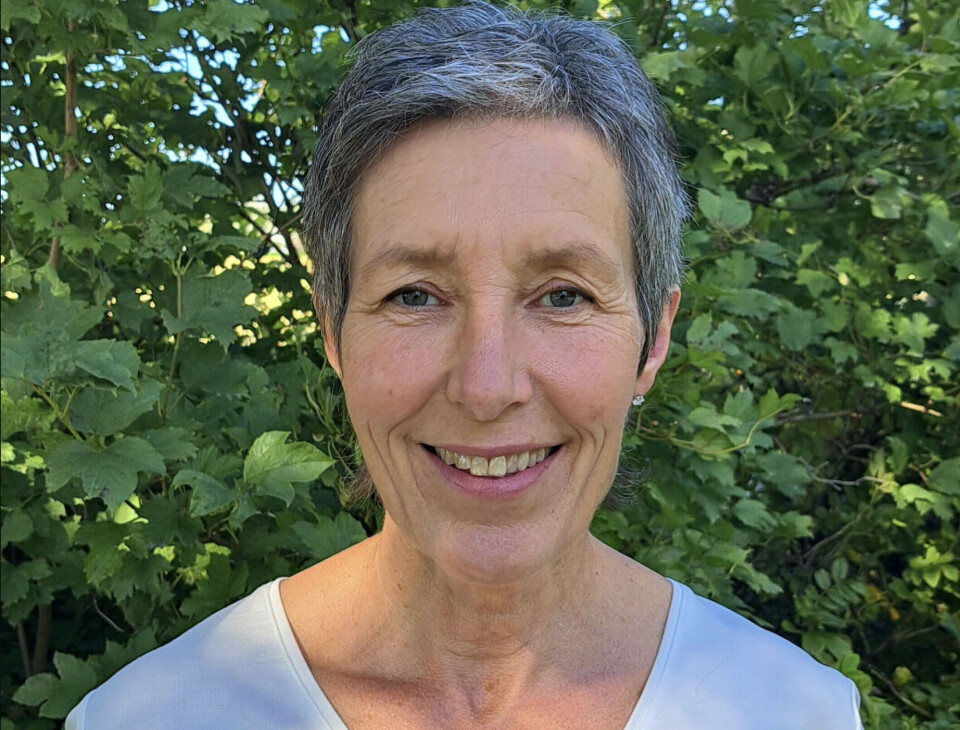This increases the risk of dementia.
"We see a clear connection"
But a new study shows something can be done about it.

“We found that those who reported loneliness in repeated measurements over several decades had a significantly higher risk of dementia than those who never experienced loneliness,” says Ragnhild Holmberg Aunsmo.
She is a research fellow at the Norwegian National Centre for Ageing and Health and is the lead researcher behind the study, which is based on the Trøndelag Health Study (HUNT).
Most viewed
The researchers also looked at people who had previously experienced loneliness, but later did not feel lonely.
These individuals did not have an increased risk of dementia.
“It’s interesting. Even if you’re lonely for a period of time, we find that the risk of dementia does not increase if loneliness is transient. It's the persistent or increasing loneliness over many years that's harmful,” says Aunsmo, who is also the municipal chief physician in Verdal.
A social hunger
Aunsmo describes loneliness as a kind of ‘social hunger’ – a signal that a basic need is not being met.
“We know that living with unmet needs over time can be a stressor for the body. Loneliness can be exactly that,” she says.
The researchers adjusted the analyses for depression, which is often associated with loneliness. They found that the connection was weakened, but not gone.
“We can’t say with certainty that loneliness itself causes dementia, but we see a clear connection,” says Aunsmo.
Who is most at risk?
Previous HUNT studies show that loneliness is more common among women, among the oldest members of the population, and among people who live alone.
Loneliness is also associated with low education, low income, as well as mental and physical health challenges.
The incidence of loneliness among the elderly nevertheless decreased between the first HUNT study in the 1980s and the most recent one in 2017–2019, which the researchers believe may be related to better health in older cohorts.
Purpose in life protects the brain
International research also points to the importance of social ties and purpose in life.
In a new study, American researchers followed over 13,000 adults for up to 15 years.
It showed that those who experienced a strong sense of purpose in life had a 28 per cent lower risk of cognitive impairment and dementia.
This was also the case when the researchers accounted for education, depression, and genetic risk.
Relationships and work
“Our findings show that having a sense of purpose helps the brain stay robust with age,” says Aliza Wingo, professor at the UC Davis Department of Psychiatry and Behavioral Sciences. She is the lead author of the study.
The researchers did not directly ask which activities held purpose for the participants, but previous studies show that many older adults find meaning in relationships with family and friends, work, caregiving, or volunteer work.
Closely connected
Aunsmo believes the Norwegian and American findings point in the same direction.
“Loneliness and purpose are concepts that interact with each other. To matter to others, and to have a sense of community, are fundamental to human beings,” she says.
Aunsmo emphasises that loneliness is not something that can be solved alone.
“Loneliness is a feeling that individuals have, but it's connected to whether they feel connected to others,” she says.
She therefore believes society must facilitate meeting places and social contact.
References:
Aunsmo et al. Loneliness trajectories and dementia risk: Insights from the HUNT cohort study, Alzheimer’s & Dementia: Diagnosis, Assessment & Disease Monitoring, vol. 17, 2025. DOI: 10.1002/dad2.70154
Howard et al. 'Life Purpose Lowers Risk for Cognitive Impairment in a United States Population-Based Cohort', The American Journal of Geriatrics Psychiatry, vol. 33, 2025. DOI: 10.1016/j.jagp.2025.05.009 (Abstract)
———
Translated by Ingrid P. Nuse
Read the Norwegian version of this article on forskning.no
Related content:

Subscribe to our newsletter
The latest news from Science Norway, sent twice a week and completely free.






































